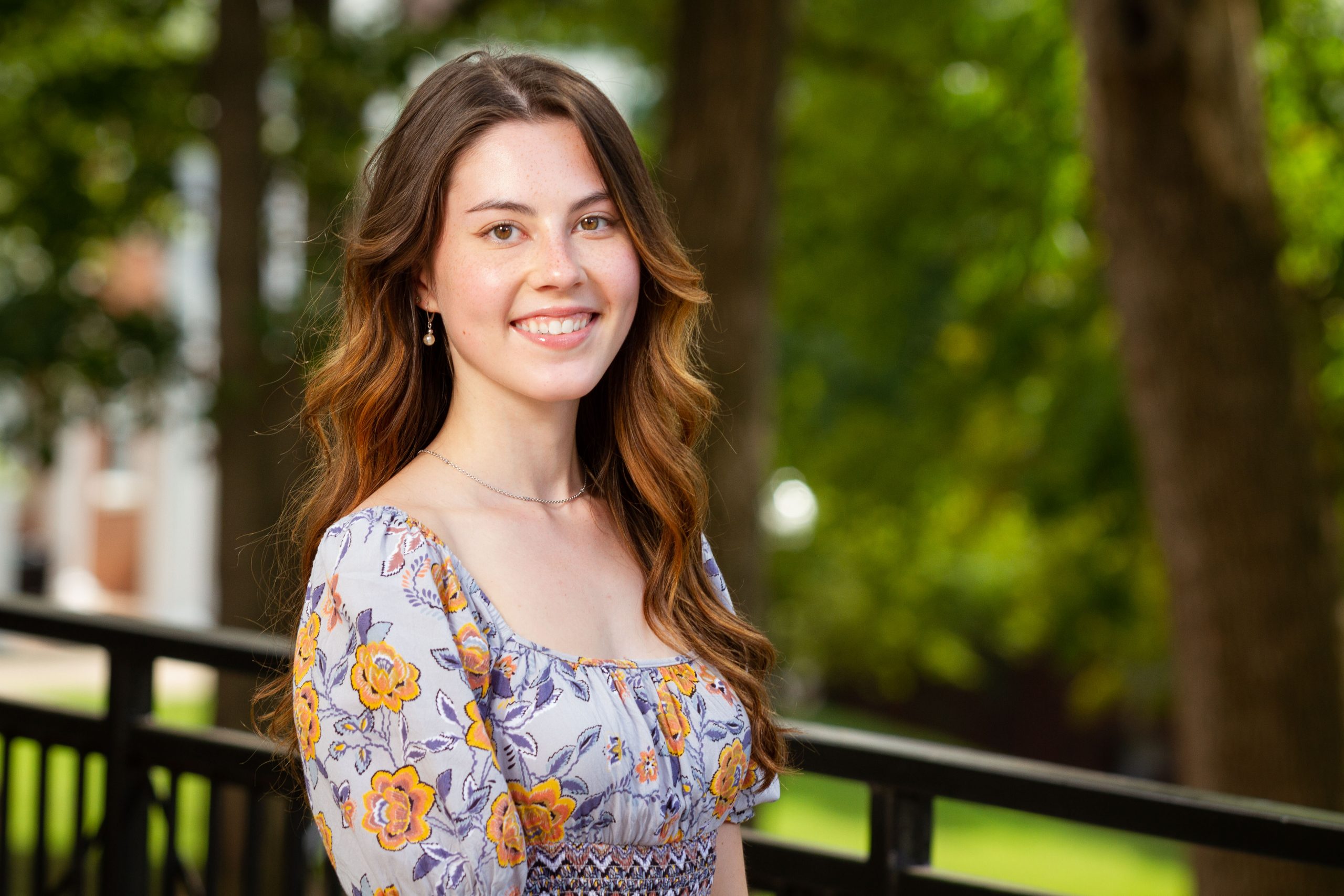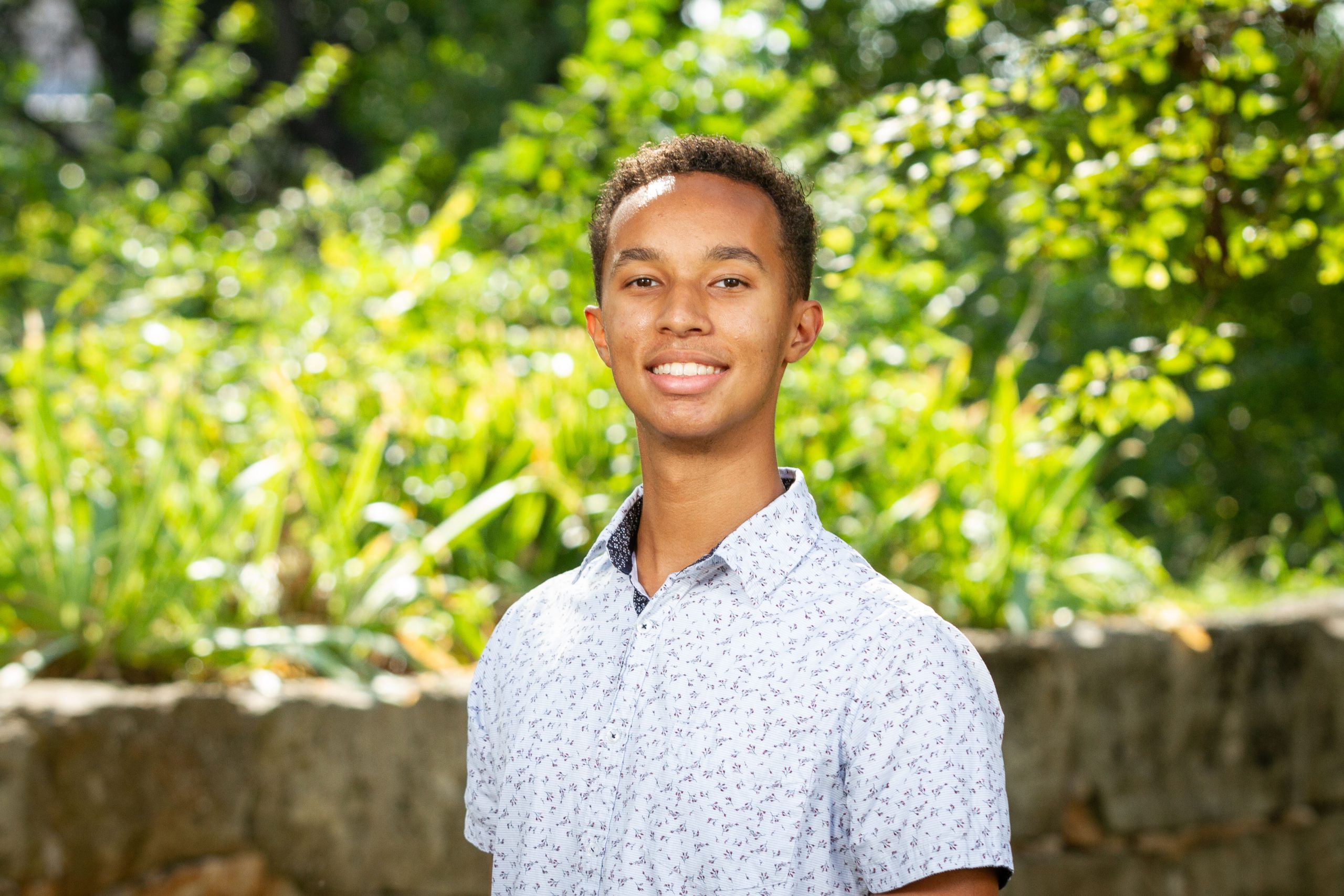[fblike style=”standard” showfaces=”false” width=”450″ verb=”like” font=”arial”]
Italy, Costa Rica, and England are the destinations for this year’s Gatton Academy international experiences. These experiences mark the fifth consecutive international travel/study series facilitated by the Gatton Academy. Each experience is described in brief below, with full details and applications found in the online brochures.
The Gatton Academy is also excited to announce a commitment of nearly $13,000 in scholarships for students who require additional financial assistance to travel and study abroad. Details on how to apply for international scholarships are listed below as well.
Italy
From January 4-16, 2012, up to thirty Gatton Academy students will explore the cities, culture, and history of Italy. Cities visited will include Venice, Rome, Florence, Assisi, Pompeii, Sorrento, Pisa, and Orvieto.
The cost for this year’s trip is priced at $2,250. (The overall program cost is estimated at $3,525 with the Gatton Academy supplementing $1,275 of the total cost through dedicated Winter Term funding.) This includes roundtrip airfare from Nashville, hotel accommodations in all destinations, breakfast and dinner while in Europe, admission to most historic sites and museums, and travel by chartered motor coach or train for excursions.
Full information and an application are available in the online brochure.
Students must submit a complete application, a passport-sized photograph, and an $800 nonrefundable deposit no later than Monday, October 10 to Julie Fryia in the Gatton Academy office. The remaining nonrefundable $1450 will be due no later than Monday, November 28. Space is limited to 30 students. Should there be an excess of interest, priority will be given to seniors first and names randomly drawn thereafter. In that case, refunds will be distributed to those not attending. Students must be eligible to return to the Gatton Academy for the spring semester 2012 to travel with the Italy experience. Eligibility will be determined at the 11th week assessment. Students deemed ineligible will forfeit their $800 initial deposit.
Costa Rica
From January 3-18, 2012, sixteen Gatton Academy students will earn upper-level Biology credit while studying and performing biodiversity research in Costa Rica. Sites visited will include Cloudbridge Nature Reserve in the cloud forest of southern Costa Rica’s mountains, Hacienda Barú on the Pacific jungle coast, a night in a jungle camp, Manuel Antonio National Park, Isla del Caño for snorkeling, the artisan town of Sarchí, and one of the world’s most active volcanos—Arenal.
The cost for the trip will be $800. (The overall program cost is $2075 with the Academy supplementing $1,275 of the total cost through dedicated Winter Term funding.) This includes roundtrip airfare from Louisville, accommodations in all destinations, an average of two daily meals, admission and fees for all items listed in the itinerary, travel by chartered motor coach, and tuition for Biology 485 — Costa Rican Biodiversity Studies and Research (3 hrs.).
Full information and an application are available in the online brochure .
The application deadline is September 16, 2011. Students must submit a complete application and a 250-word essay by the deadline to Julie Fryia in the Gatton Academy office. Space is limited to eight males and eight females who will be selected based off of essay responses. Equal representation of the junior and senior classes will be sought. Students will be selected on Monday, September 26. The $800 nonrefundable program fee is due no later than Monday, October 10. Students must be eligible for return to the Gatton Academy in the spring semester 2012 to travel to Costa Rica.
The Harlaxton Experience
Tentative dates of July 17 – August 7, 2012 have been set for Class of 2013 students to earn English 200—Honors Introduction to Literature credit while exploring the literature and culture of the United Kingdom. Through study, students will develop an appreciation for literary practices, theory, and concepts. Based at Harlaxton College’s beautiful manor house campus in Grantham, England, students will visit locations throughout the United Kingdom, such as Whitby for the “In Search of Dracula” ghost walk, Bath, Salisbury, Stonehenge, the Bronte Parsonage and moors in Haworth, York, the Lake District, and London (sites visited are subject to change).
The cost for the trip is being planned at $3900. (Students who participate in an unfunded Winter Term learning opportunity will carry forth $1275 of dedicated winter-term funding to apply to the cost of the program, effectively lowering the price to $2625.) This includes roundtrip airfare from the United States, accommodations in all destinations, about half of the meals while in England, admission and fees to activities, historic sites, and museums, travel by chartered motor coach or trains for excursions, and tuition for English 200 — Honors Introduction to Literature (3 hrs.).
Full information and an application are available in the online brochure.
Students must submit a complete application, passport-sized photograph, and a nonrefundable $800 deposit no later than Monday, October 10 to Julie Fryia in the Gatton Academy office. The next nonrefundable payment of $1,000 will be due no later than Monday, November 28, and the final nonrefundable payment of $825 will be due no later than Monday, March 12, 2012.
Students interested in The Harlaxton Experience are required as a pre-requisite to have passed English 100—Intro to College Writing or have credit for English 100 through an alternate path, such as CLEP credit or by scoring a 29 or higher on the English section of the ACT exam.
Students interested in The Harlaxton Experience should not enroll in English 200 for the fall or spring semesters. Students must be eligible for return to the Gatton Academy in the fall semester 2012 to travel with The Harlaxton Experience.
Scholarship Opportunities
The Academy will provide eight scholarships to students who require financial assistance. Two full scholarships will be provided for The Harlaxton Experience and two full scholarships will be provided for our Italy trip. Additionally, four $800 scholarships will be provided that can be used for any of the three trips. Students wishing to apply for one of our international scholarships must submit the following items via hard-copy to Derick Strode no later than Monday, September 26:
- a copy of their parents’ 2011 tax return;
- a parental statement of need, and;
- a student statement, not to exceed 500 words, describing her or his reasons for wanting to travel abroad, which destination they are interested in traveling to, as well as the impact they expect going abroad will have on their overall Gatton Academy experience.
Student scholarship selection will occur on or before Monday, October 10. Students receiving a scholarship will be required to perform community service in consultation with a staff member.








